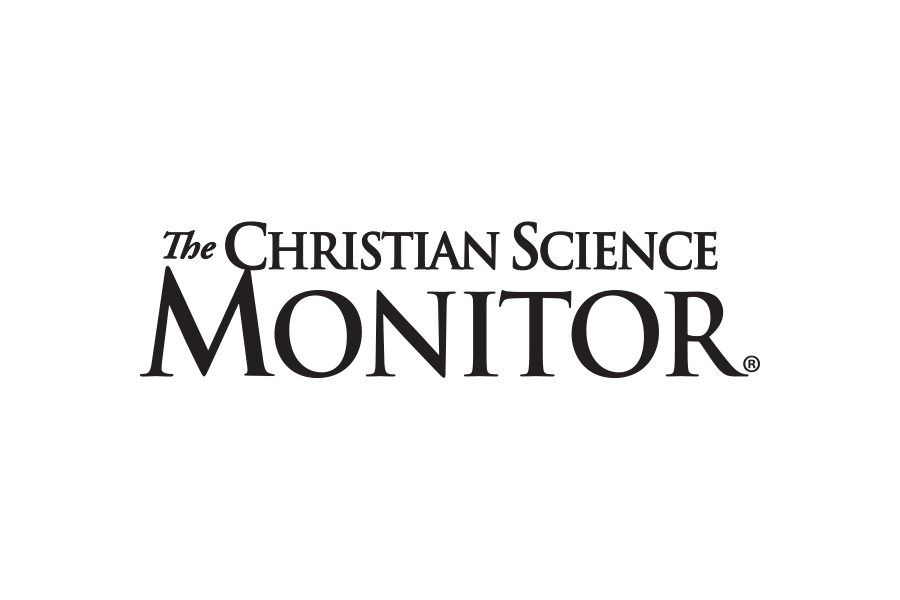… Use what you have. Do what you can.” Many people have found this statement, attributed to American tennis legend Arthur Ashe, inspiring. But do we do this when we pray?
For praying people, there’s a natural impulse to pray about the things we see in our lives that need adjusting or healing. There’s a yearning to feel the presence of God, whom the Bible calls Love, comforting, uplifting, guiding, and restoring. But do we see that prayer as spilling out beyond the borders of our personal concerns? To “do what you can” is to embrace our neighborhoods, communities, and the world in our prayers – to realize that we can make a difference.
Jesus’ ministry modeled such an expansive practice. Had his mission been for him alone, he wouldn’t have taken on disciples – but he did. And if his mission had been only for that select group, he wouldn’t have sent those disciples into the world.
Those who came after Jesus, such as the Apostle Paul, taught that a key aspect of Christianity was the power of individual prayer to affect the collective – even the world. “A little leaven leaveneth the whole lump,” Paul wrote in his Epistle to the Galatians (5:9). The nature of a spiritual idea or insight based on the understanding of God as All changes and elevates the mental landscape. This is the activity of the Christ, the “divine influence ever present in human consciousness” (Mary Baker Eddy, “Science and Health with Key to the Scriptures,” p. xi).
Our prayers today are a form of the leaven of Truth that the world needs. And we can start right where we are, no matter how daunting world issues may seem. We can begin with a single thought – because if we’re thinking about something in the world, we can be praying about it. The leap from thinking to praying isn’t actually a leap at all. Christ, the divine impetus, moves us from mere human observations about the things we see to spiritually true thoughts about them.
We find these spiritual, right thoughts when we turn to God to know, embrace, and understand what divine Love knows and sees – and grasp that as the reality of Life, God. A single divine thought has more impact than any other thought we could be conscious of, because God, Spirit, is All, filling all space. So when we are entertaining that spiritual perception, we are partaking of that allness.
Our spiritual work can’t be done selfishly or for ourselves alone. This is evident from the Gospels as well as from Mrs. Eddy’s writings. “Whatever blesses one blesses all,” she wrote in her textbook on Christian healing, Science and Health (p. 206). So we can know that every right thought is effectual and is going out and making a difference. And we are always at liberty to pray.
For me, praying beyond the borders of my own life began years ago with what I was seeing around me among neighbors and in the community. In one incident, I became aware of nearly constant arguing going on between the couple that lived in the apartment above mine. I prayed to know that God is Love and that Love is our only true motivator – that we are made from Love, each of us Love’s expression.
One night, during a particularly loud fight, I found myself going upstairs and knocking on the door. The man opened it. The woman was sitting nearby, crying. None of us said anything. But the Christ, the spirit of Love and Truth, was there. And it moved us all. After a long silence, the man shook his head, as if to say, “I don’t want to be that way anymore,” and he quietly closed the door. I never heard another argument during the time I lived there. A few days later, I saw them on the front stoop happily talking and holding hands.
Each of us has examples from our lives of one right thought, no matter how minuscule, tilting the balance away from anger, conflict, or fear, and toward God, good. And this brings healing. Science and Health affirms that “the world feels the alterative effect of truth through every pore” (p. 224). Thinking spiritually, expansively, and unselfishly, we can participate in this sea change, the needed shift toward Spirit and its present, all-inclusive reality. We can start right where we are.
Adapted from an editorial published in the April 22, 2024, issue of the Christian Science Sentinel.

